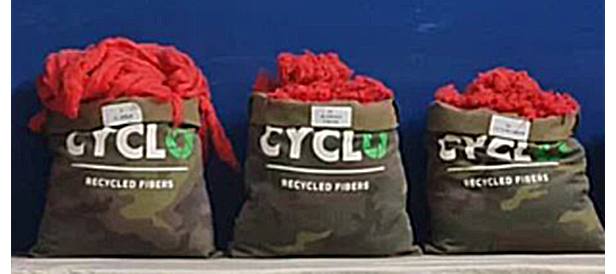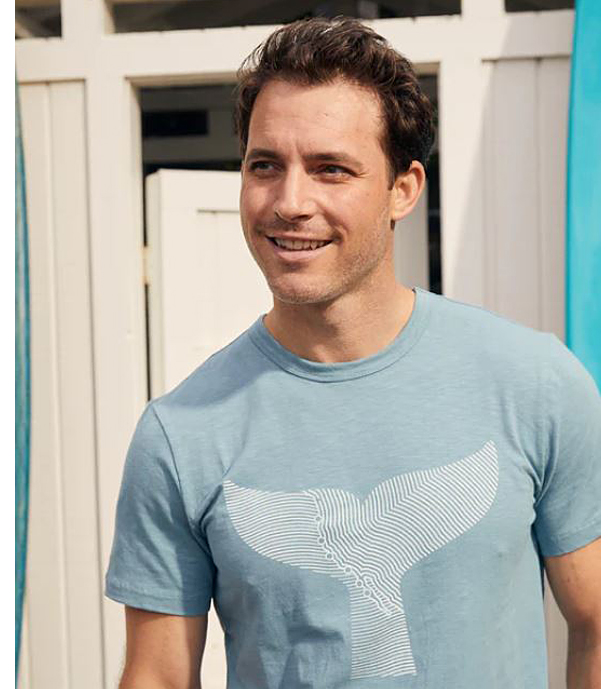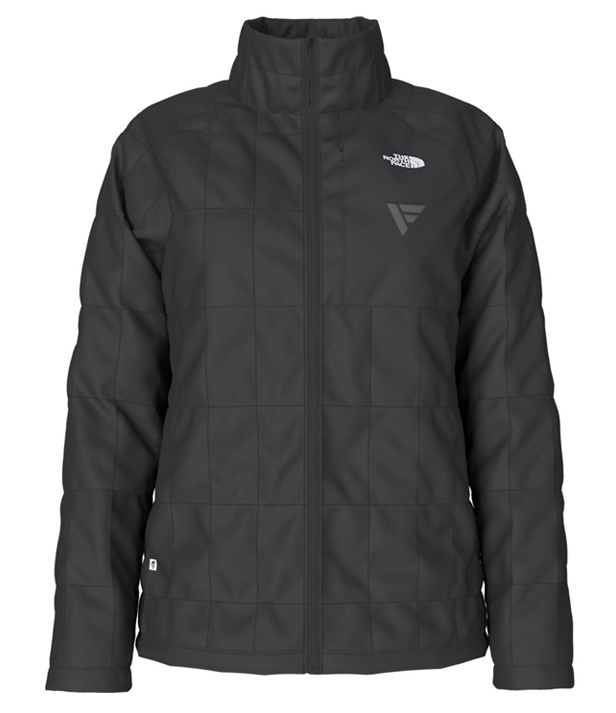September 14, 2023
Industry Companies, Brands Work To Close the Loop on Fashion
Check out a few examples of how apparel makers are incorporating circular design into their products.
Circularity is a concept that’s gaining increased traction among sustainable brands. The idea is to design items that are meant to have a long lifespan, that can easily be repaired or repurposed, and can be broken down and remade into something new, rather than discarded in a landfill at the end of their useful life. Here are three recent examples of companies – in the promotional products realm and beyond – that are incorporating these principles into their apparel.
JDR Branding Launches Line of Sustainable & Traceable Promo

JDR Branding is working with Cyclo to create sustainable promo items from environmentally conscious recycled fibers.
JDR Branding, a promotional products company based in the West Midlands, UK, is now offering a line of sustainable items made with Cyclo environmentally conscious fiber technology.
A highlight of the product line is the integration of Aware technology, which uses a combination of physical tracers and a digital blockchain record to allow customers to track the journey of a product, ensuring a transparent production process. By scanning the QR code on the product, customers can access detailed information about the materials used, manufacturing processes and environmental impact. It’s the same technology that Top 40 supplier Gemline (asi/56070) recently announced it’s using in its MiiR Olympus bag collection.
Cyclo uses a unique mechanical recycling process that eliminates the need for water, dyes or harmful chemicals during production. “We’ve pioneered a closed-loop production system to upcycle pre-consumer textile waste,” Cyclo notes on its website. The company says it collects a buyer’s waste from manufacturers, recycles it, spins it into yarn, then delivers that yarn back to the manufacturer, which uses it to produce new products, “ultimately recycling the buyer’s own waste.”
Dawn Rogers, director at JDR Branding, said that leveraging Cyclo technology and Aware tracers is “empowering our clients to make informed choices that align with their corporate sustainability goals.”
The North Face Introduces Circular Insulation Technology
The North Face Circaloft women’s jacket (A84JBJK3) is available via Premco Associates (asi/79373).
Outerwear brand The North Face was focused on the circular economy with recently launched jacket insulation technology. Called Circaloft, the synthetic insulation is made with 100% recycled fabrics and was developed to be efficiently deconstructed and recycled into new yarns at the end of its lifecycle.
“We crafted Circaloft for the future, applying our Circular Design principles to help keep it in use and out of landfills,” The North Face noted on its website. “It’s built to last and designed to be made into something new at the end of its usable life.”
The Circaloft jackets are part of The North Face’s growing portfolio of Circular Design products, which are made with materials that are recycled, responsibly sourced, renewable or regeneratively grown. The company has pledged to transition its top product lines to be 100% recycled, responsibly sourced, renewable or regeneratively grown by the end of 2025.
“By continually incorporating circular design principles into some of The North Face’s most iconic designs and staple pieces, we will be able to recover otherwise discarded materials that can be leveraged for new jackets and outdoor gear,” Kellen Hennessy, senior circular design manager, told Sourcing Journal. “We’re thrilled to be expanding on our circular offering through this insulated collection.”
The North Face’s Circaloft jackets are available in the promo industry via Premco Associates (asi/79373).
Gray Whale Gin Launches Sustainable Apparel Collection

Gray Whale Gin has a line of sustainably made branded merch.
A premium gin brand wants to help preserve coastlines with its new branded merch collection. Gray Whale Gin’s Sustainable Apparel Collection was designed in California, with garments made from 100% recycled polyester, certified organic cotton, 100% recycled plastic buttons, 100% recycled paper for hangtags and 100% biodegradable packing materials, according to the company.
The collection includes sweatshirts, T-shirts, polos, rash guards and hats – and the brand added “Easter eggs” like a cocktail recipe hidden inside the clothing.
Gray Whale Gin co-founders Jan and Marsh Mokhtari told Bevnet that they had “very strict guidelines” for their branded merch. It “needed to feel luxurious while being gentle on the earth.” Because they couldn’t find what they wanted among existing manufacturing partners, “they set out to create their own line of consciously crafted apparel,” according to Bevnet.
A member of 1% for the Planet, Gray Whale Gin dedicates a portion of its profits to support Oceana, the world’s largest organization devoted solely to marine conservation.

Promo for the Planet is your destination for the latest news, biggest trends and best ideas to help build a more sustainable and socially-responsible industry.

